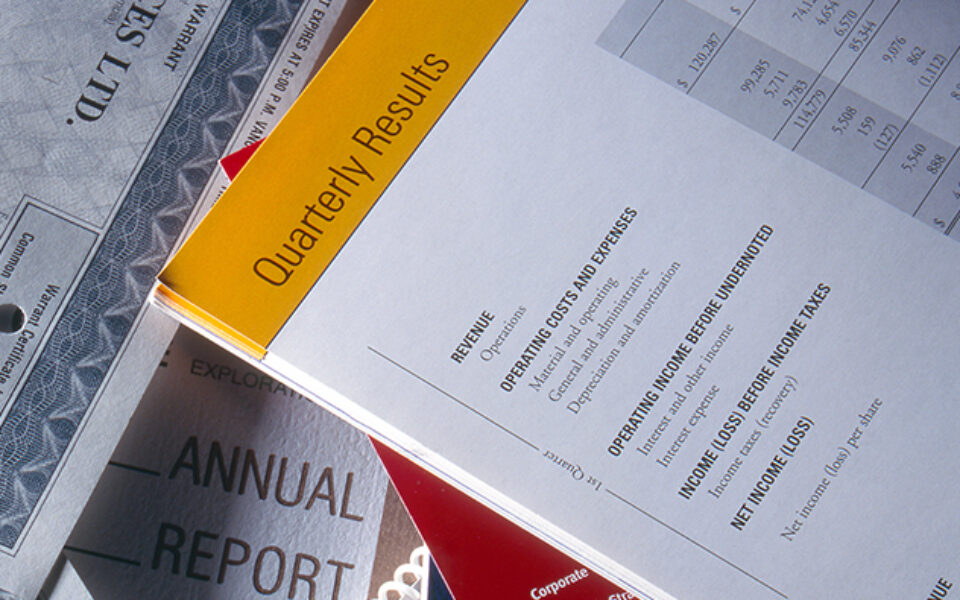Change in Material Participation Standard for Members of LLCs and LLPs

The U.S. Tax Court and the U.S. Court of Federal Claims recently held that interests of LLC and LLP members are not automatically presumed to be “limited partner” interests and therefore are not automatically presumed to be “passive”. Interests may still actually be passive, but it’s no longer an automatic presumption.
IRC §469 addresses the tax treatment of passive activity losses. Under the rules, members’ interests can be active or passive. An individual may only deduct a loss from a passive activity against income from another passive activity. If it cannot be offset, the loss is suspended and carried forward with no time limitation. However if an individual “materially participates” in the trade or business, the business activity is considered active, not passive. Any losses from active interests can be offset with other types of income on the taxpayer’s return thereby reducing the overall tax liability. Therefore, from the taxpayer’s perspective it’s more advantageous for a member’s interest to be classified as “active”. The IRS’s preference would be to treat the interest as passive.
Two recent court cases make this treatment somewhat easier for the taxpayer.
In the case of Garnett v. Commissioner (132 T.C. No. 19, 2009) and Thompson v. United States (2009-2, USTC), the IRS argued that the taxpayers’ LLC and LLP interests should be considered “limited partner” interests and therefore “passive”. Under the rules, an individual is deemed to materially participate in an activity if any one of the following tests is met.:
- 500 hours of participation in a business activity for a tax year.
- The taxpayer’s participation in a business activity constitutes substantially all of the participation in that activity for a tax year.
- 100 hours of participation in a business activity with no other individual participant logging in excess of 100 hours for the tax year.
- The activity is a significant participation activity and the taxpayer’s participation in all significant participation activities exceeds 500 hours for the tax year.
- The taxpayer participated in the activity for any 5 tax years during the 10 tax years that immediately precede the tax year.
- The activity is a personal service activity and the taxpayer materially participated in the activity for any 3 tax years preceding the tax year.
IRC §469(h)(2) creates a presumption for an interest in a limited partnership (not an LLC or an LLP). Losses for limited partnership interests are presumed to be passive unless the taxpayer meets the following three tests:
- Regular
- Continuous
- Substantial
- The Garnett court concluded that the higher standard for material participation that applies to Limited Partners under IRC 469(h)(2) does NOT apply to LLP and LLC members.
- The Thompson court held that the statutory and regulatory framework of IRC 469 does not support a dividing line between general and limited partnership interests based on limited liability but rather, a dividing line based on material participation of an activity.
Caution should be exercised though since the court did not actually rule on whether the partnership interests satisfied these broader material participation requirements under Section 469.




